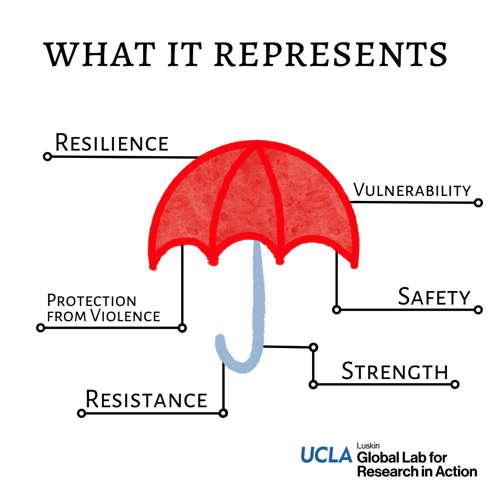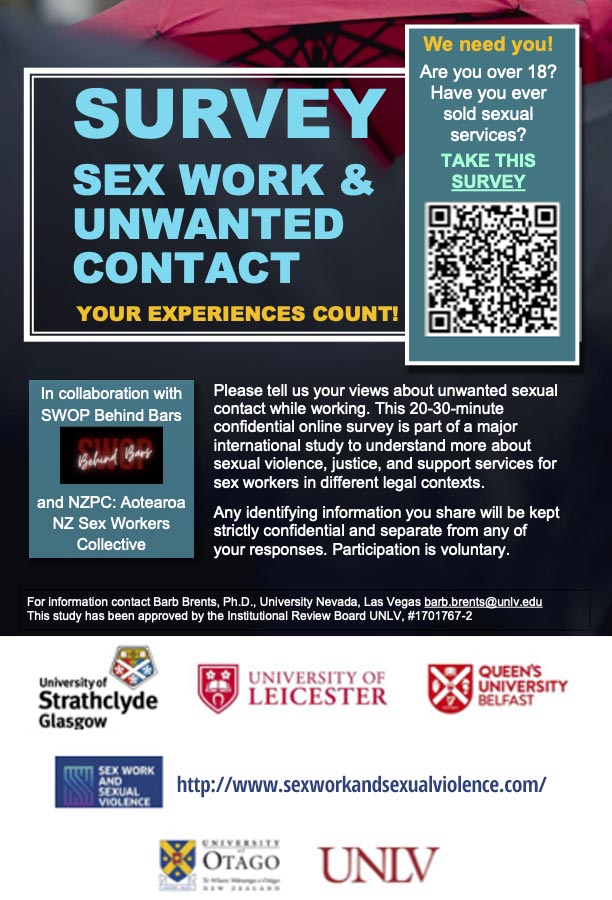November 12, 2022
When an individual is arrested, the consequences seem obvious. But what happens after the fines are paid, the time is served, and the probation ends?
This is where collateral consequences come in.
Collateral consequences are legal, economic, and social restrictions indirectly imposed on individuals with criminal records. These consequences are “collateral” in the sense that they aren’t part of the judgment or sentence in a criminal case.
According to the National Inventory of Collateral Consequences of Conviction, which is maintained by the Council of State Governments Justice Center, there are currently over 900 possible collateral consequences of criminal charges under federal law.
When nonviolent activities such as consensual adult sex work are criminalized, innocent lives are ruined.
Here are a few examples of some of the most common collateral consequences after arrest.
Employment Issues
Many employers have barriers in place to block the hiring of people with criminal convictions, making it difficult for them to find jobs after they’ve been released from their sentences. Without the ability to work, criminalized individuals find it difficult to reintegrate to society both for financial and social reasons. It hinders their opportunity to make a living and attain self sufficiency.
Housing Eligibility
Due to lack of employment opportunities for formerly incarcerated individuals, many find themselves returning to low-income communities. The National Low Income Housing Coalition estimates that only 35 affordable rental units exist for every 100 “extremely-low income” households.
These circumstances push many criminalized individuals directly into homelessness.
Public Benefits
As previously established, individuals reentering society after incarceration often lack the support they need to be self-sufficient. Facing barriers in finding employment and housing means they may need temporary assistance until they can secure a job to meet their basic financial needs. They may require access to resources such as SNAP, TANF, rehabilitation, mental health counseling, disability assistance, and more.
However, many current laws prohibit states from providing public assistance to certain criminalized individuals.
Voting Rights
Here in the United States, we value our right to participate in a democratic society. Yet, many states restrict the voting rights of people with criminal records through a practice known as felony disenfranchisement.
This map shows up-to-date data concerning felony disenfranchisement state by state.
Disruption of Family Dynamics
The collateral effects of incarceration aren’t limited to individuals who have been arrested. 52% of individuals incarcerated in state and 63% of individuals incarcerated in federal systems are parents of minor children. This means that thousands of American children face the collateral consequences of criminalization daily. This includes their parents’ lack of access to stable income, education, job training, and housing. Incarceration also places significant strain on the health of parent/child relationships, often leaving young children traumatized and unstable.
Many sex workers are parents, and like the rest of us, they rely on their work to provide for their children. In fact, studies show that sex worker parents are extremely dedicated to their children. Criminalizing sex work punishes these parents and children for their existence.
Immigration Issues
Non-citizens of the United States, documented or not, face their own unique consequences when it comes to criminalization. In addition to everything listed above, immigrants face the threat of deportation upon arrest.
These consequences are faced daily by sex workers nationwide due to the criminalization of consensual adult sex work. To learn more about why we should decriminalize sex work, read this.

DSW Newsletter #42 (November 2022)
DSW Attends APHA 2022 Annual Meeting & Expo
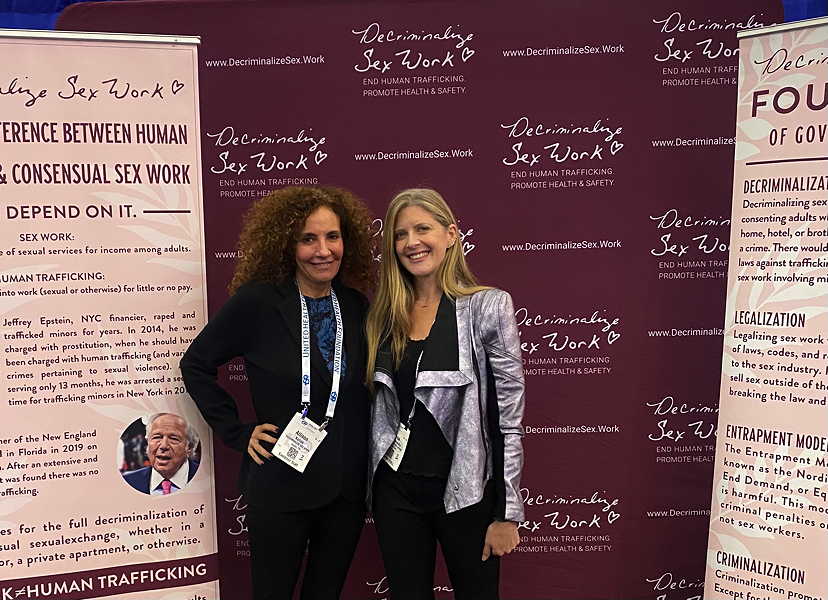
DSW Collaborates With Allies To Advocate for Decriminalization

Why Decriminalization Is Good for Public Health

Remembering Carol Leigh

Life After Arrest: The Collateral Consequences of Criminalization

Support DSW This GivingTuesday
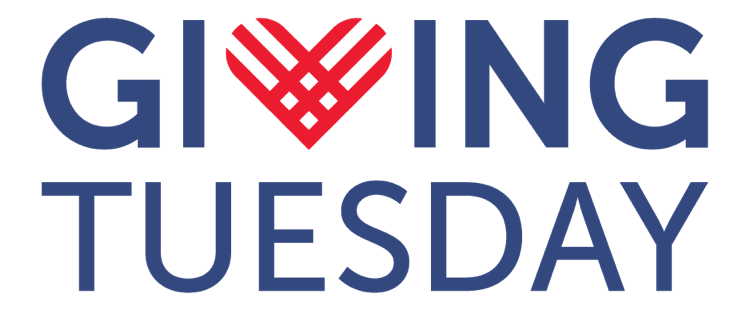



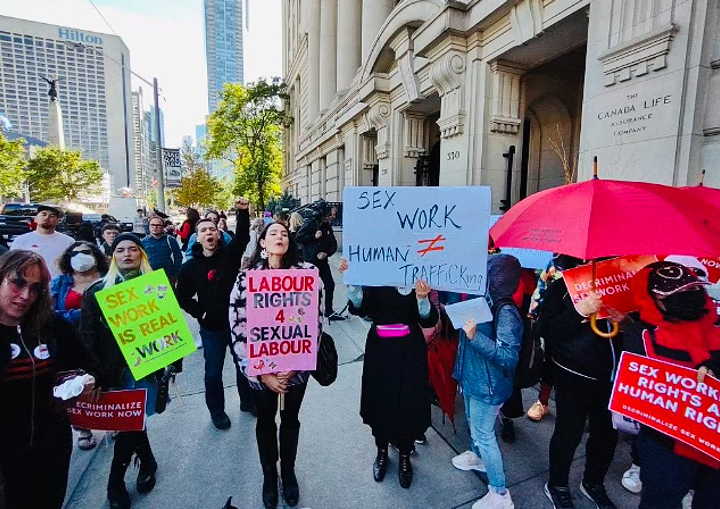



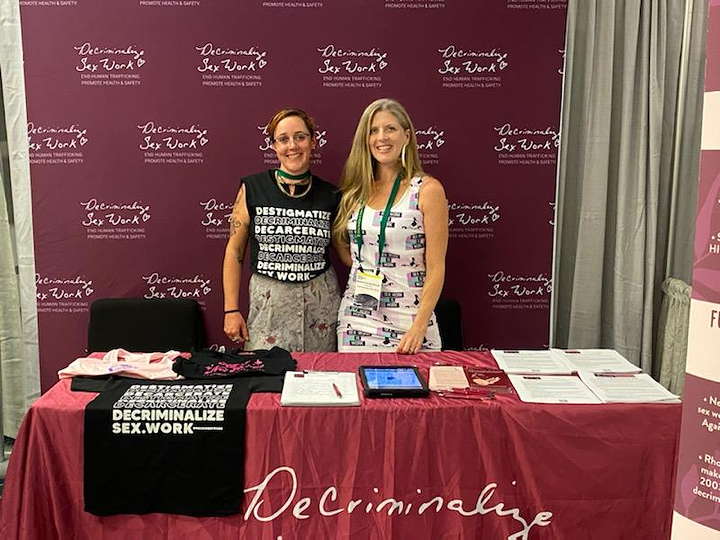
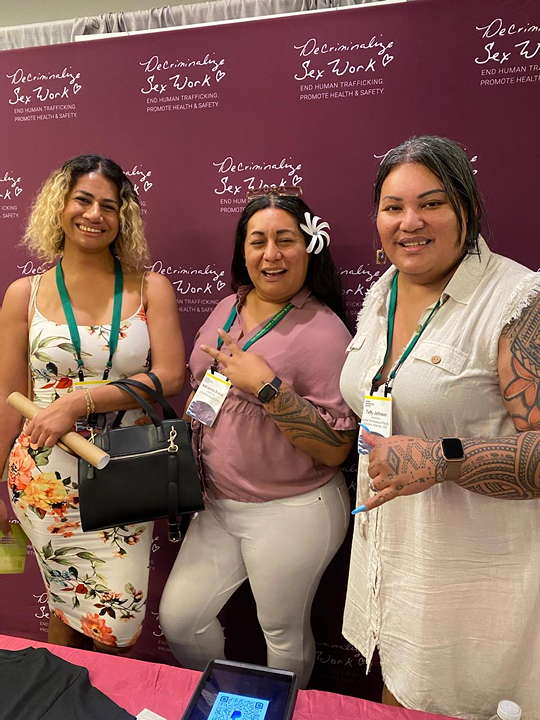
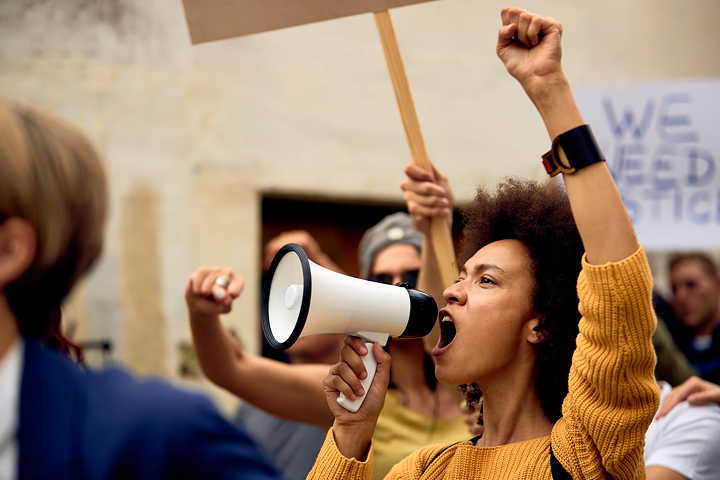 How Does It Work?
How Does It Work?
